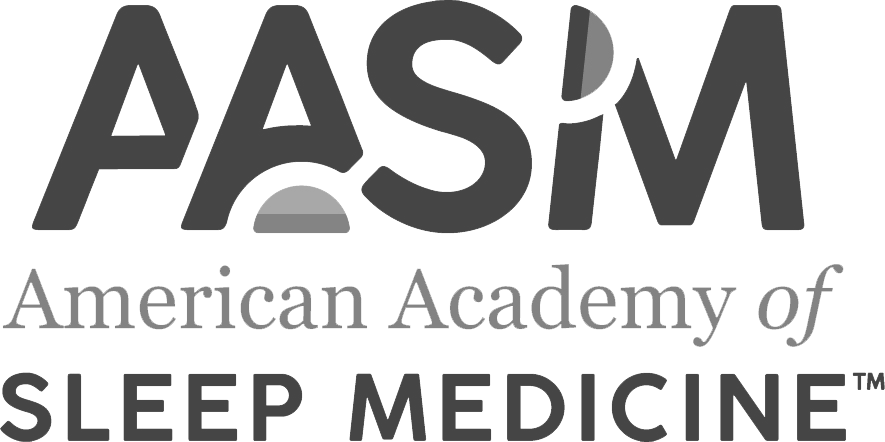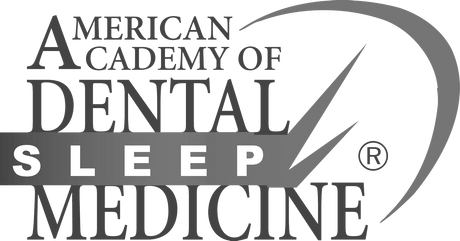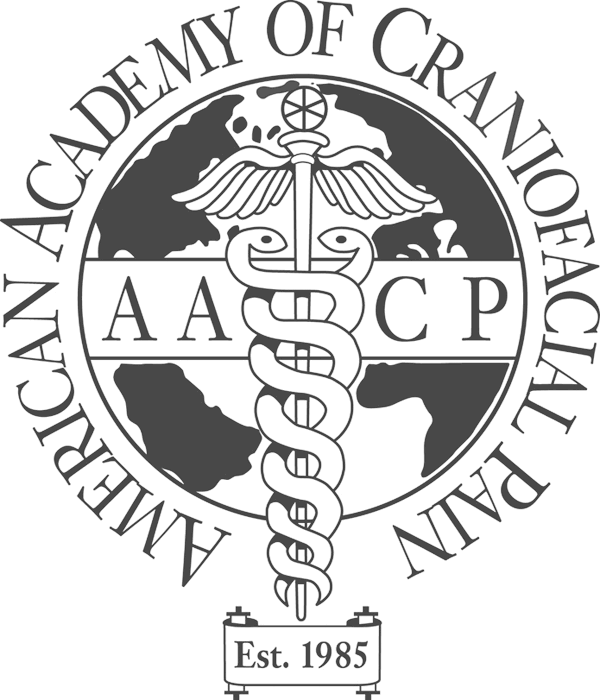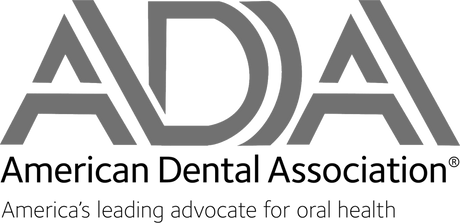TMJ treatment in Bermuda
CLICKING? POPPING? LOCK JAW? WE CAN HELP.
If you experience ongoing pain in the area near your ear, your jaw or the muscles on the side of your face, you may be suffering from TMD — an abbreviation for Temporomandibular disorders. TMD can be accompanied by a clicking or popping sound or restricted jaw movement Sometimes people incorrectly use the term TMJ to refer to these problems, when in fact TMJ is the abbreviation for the temporomandibular joint — or jaw joint — itself. So while you definitely have a TMJ (two of them in fact), you may or may not have TMD.
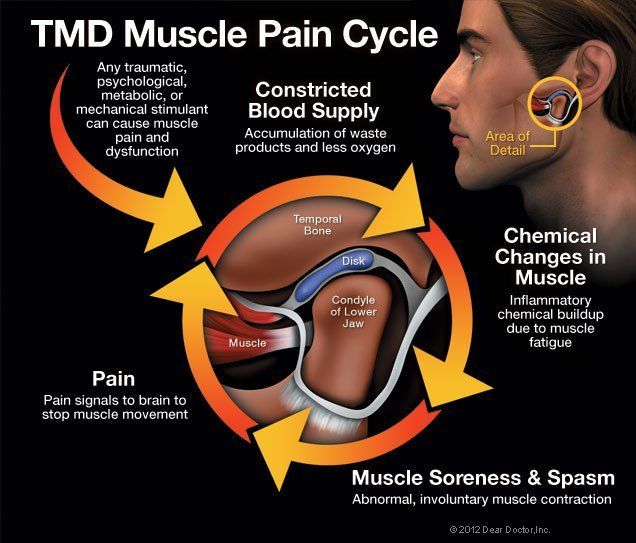
TMD describes a group of conditions characterized by pain and dysfunction of the TMJ and/or the muscles surrounding it. It's not always so easy to figure out exactly what's causing these symptoms, but the good news is that most TMD cases resolve themselves with the help of conservative remedies that you can try at home. In fact, it's important to exhaust all such conservative remedies before moving on to more complicated treatment.
The two TMJs that connect your lower jaw, the mandible, to the temporal bone of the skull on either side, are actually very complex joints that allow movement in three dimensions. The lower jaw and temporal bone fit together as a ball and socket, with a cushioning disk in between. Large pairs of muscles in the cheeks and temples move the lower jaw. Any of these parts — the disk, the muscles or the joint itself — can become the source of a TMD problem. If you are in pain, or are having difficulty opening or closing your jaw, a thorough examination can help pinpoint the problem area; then an appropriate remedy can be recommended.
Causes of TMD
As with any other joint, the TMJ can be subject to orthopedic problems including inflammation, sore muscles, strained tendons and ligaments, and disk problems. TMD is also influenced by genes, gender (women appear to be more prone to it), and age. Physical and psychological stress can also be a factor. In some cases, jaw pain may be related to a more widespread, pain-inducing medical condition such as fibromyalgia (“fibro” – connective tissues; “myo” – muscle; “algia” – pain).
Clicking Sounds
Some people with TMD hear a clicking, popping or grating sound coming from the TMJ when opening or closing the mouth. This is usually caused by a shifting of the disk inside the joint. Someone standing next to you might even be able to hear it. Clicking by itself is actually not a significant symptom. Studies have shown that one third of all people have jaw joints that click. However, if the clicking is accompanied by pain or limited jaw function — the jaw getting “stuck” in an open or closed position, for example — this would indicate TMD.
Muscle Pain
TMD related muscle pain can be felt in the cheeks (masseter muscles) and temples (temporalis muscles), where the two big pairs of jaw-closing muscles are located. It can also affect your back muscles and the muscles in your neck. If you feel soreness and stiffness upon waking up in the morning, it's often related to habits such as clenching and/or grinding the teeth at night.
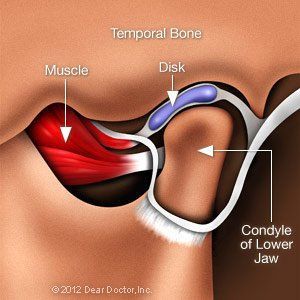
If you have this type of nocturnal habit, a custom-made nightguard should be very helpful in decreasing the force applied to your teeth, which will in turn allow your muscles to relax and relieve pressure on your jaw joints. TMD has also been linked to obstructive sleep apnea and other nocturnal airway issues. It important for us to rule out airway issues before treating your TMD. Some of the TMD treatment methods can lead to worsening of undiagnosed and untreated airway disorders.
Joint Pain
Arthritic changes to the shape of your TMJs can lead to joint pain. Although these changes are not reversible, it is important to understand the extent of these changes before administrating treatment. CBCT scan images of your joints will be taken as part of your comprehensive joint examination. This gives us a three dimensional view of your joints, and a full understanding of any remodeling of the bone that has taken place.
Treatment Options
How we treat your TMD varies greatly depending upon the etiology and the severity of your condition. The type of treatment depends on whether your TMD is due to muscle pain, arthritic pain, stress related grinding habits, or sleep related breathing disorders. Each diagnose requires a different treatment modality. Treatment can include:
- Medication - muscle relaxers and/or anti inflammatory
- Alteration to your diet
- Massage
- Splint therapy (night guards)
- Mandibular advancement appliances or CPAP machine, to address sleep related breathing disorders
- Repositioning of the disk
- Intra muscular and intra joint injections
If you are suffering from jaw pain the first step is to come in for a comprehensive evaluation of your joints and supporting structures.
